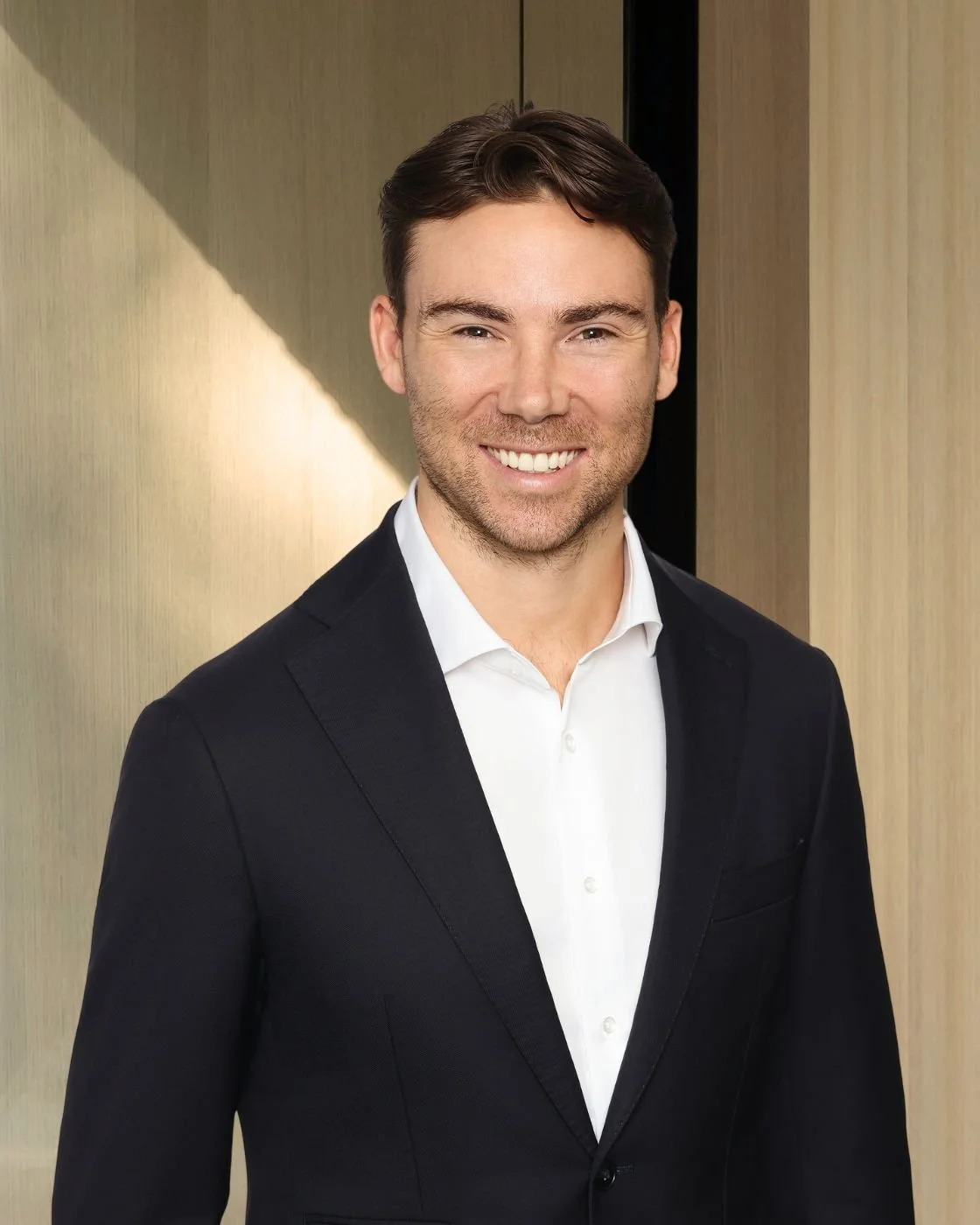Let it Flow: When Legacy Begins Before the Will
When inheritance isn’t a transaction, but a turning point.
For many families, wealth doesn’t arrive all at once. Investments compound, assets appreciate, and superannuation balances grow quietly in the background. But at some point—often sooner than expected—the question changes: it’s no longer How much is enough? but What is this wealth really for?
The proposed Division 296 can serve as a conversation starter, prompting families to pause and ask whether this could be the moment to move from viewing wealth as an outcome to recognising it as a tool for impact.
For those whose superannuation balances now approach the proposed Division 296 thresholds, this question becomes particularly pressing. Under the proposed rules, which may take effect from 1 July 2025, earnings on balances above $3 million could be subject to an additional 15 per cent tax. For families already secure and on track, this prompts a broader consideration: rather than allowing surplus capital to accumulate under potentially higher tax, could it be deployed in ways that generate purpose and impact?
From Routine to Remarkable: Shaping a Family Legacy
Longstanding clients of MGD Wealth, a financially secure professional couple whose lives have been shaped by purposeful work and quiet achievement, attended a routine review with their trusted adviser. They were modest, self-made, and quietly comfortable.
As the conversation turned to Division 296, the client reflected on her parents—now in their eighties, with a substantial estate built over decades of careful stewardship.
The question was raised: They have built so much over the years, and with the tax landscape changing, should she talk to her parents about their approach to structuring and passing on their wealth? Or, more importantly, what they want it to mean.
That moment became the catalyst. Prompted by this reflection, her parents—both in their eighties—were invited to the next meeting. What unfolded wasn’t a financial strategy session; it was family alignment. For the first time, it opened the door to a deeper conversation. They shared what mattered most, because while her inheritance had always been certain, the intentions, timing, and purpose of that wealth had never been explored.
The family considered the benefits of transferring part of the parents’ wealth during their lifetime—not merely for tax efficiency or administrative simplicity, but to actively support the next generation while retaining oversight and control.
Benefits of Intentional Wealth Transfer
For the parents:
Observing the real-time impact of their wealth on their children and grandchildren.
Reducing tax exposure through proactive structuring.
Simplifying estate administration and ensuring clarity across generations.
For the couple:
Gaining access to support meaningful family goals – property, education, investment without altering long-term strategy.
Building a shared understanding of values, responsibility, and intention while creating space for open, values-led conversation about money and meaning.
The financial rationale was sound, but the more significant outcome lay in the relational and intergenerational alignment it fostered. For this family, Division 296 was more than a legislative consideration; it became an opportunity for deliberate planning and the establishment of a considered legacy.
The Unprecedented Wave of Intergenerational Wealth
Australia is in the midst of the largest intergenerational wealth transfer in its history. By 2050, older generations are expected to pass on around $224 billion in inheritances and gifts each year¹, reshaping family legacies on an unprecedented scale.
Yet many families are unprepared to navigate the complex conversations, decisions, and planning required to ensure this wealth is preserved and deployed effectively. Without clear structure, defined purpose, and aligned expectations, these transitions can introduce complexity rather than clarity. With the right guidance, however, they can become a catalyst for opportunity, cohesion, and enduring purpose.
Governance and Goals-Based Planning: A Deliberate Approach
It is at the intersection of scale and complexity that intentional planning matters most.
For families seeking to deploy wealth purposefully while still alive, a structured, coordinated approach can unlock both financial and relational benefits. Through governance, strategic giving and clear family communication, wealth can be directed, not just distributed.
At MGD Wealth, a governance-led, goals-based approach forms the foundation for such planning. This framework integrates independent advice across legal, tax, and investment disciplines, and structures decisions around clearly articulated family objectives.
By doing so, families can:
Make coordinated decisions that reflect both financial and personal priorities.
Preserve relationships while ensuring wealth supports shared goals and the intended impact across generations.
Track outcomes and adjust strategies over time, rather than leaving critical decisions to be determined by a will.
This structured approach allowed the family to transform what could have been a passive, posthumous inheritance into an intentional, values-led legacy.
Through thoughtful planning, modest adjustments to investment structures, and open, guided conversation, they were able to begin transferring wealth in a way that supports their children and grandchildren today, while maintaining control and clarity for the future.
Preparing for the Opportunity
The moment is not about urgency; it’s about awareness. Early, structured conversations not only mitigate the risks inherent in complex estates but also create the opportunity for wealth to serve its highest purpose—supporting family goals, strengthening relationships, and leaving a living legacy that can be observed, guided, and celebrated.
The earlier these conversations begin, the more empowered families are to determine how and when their wealth will make an impact, not just who will receive it. Because legacy isn’t what you leave behind. It’s what you set in motion while you’re still here.
How would it feel to see your legacy in action—not one day, but now?
To explore how your family could approach intergenerational wealth planning with purpose, contact your MGD Wealth adviser or start the conversation.
References:¹ Productivity Commission, Wealth Transfers and Their Economic Effects [Research paper]
Disclaimer: Any advice included in this article is general and has been prepared without taking into account your objectives, financial situation, or needs. As such, you should consider its appropriateness having regard to these factors before acting on it. Any tax information refers to current laws, is not based on your unique circumstances and should not be relied on as tax advice. Before you make any decision about whether to acquire a certain financial product, you should obtain and read the relevant product disclosure statement.

























